As part of the European Union’s new programmes to become carbon neutral by 2050, the Green Deal and the Digital Strategy, climate scientists and computer scientists are launching the ‘Destination Earth’ initiative. The aim is to create a model of the entire planet – a digital twin – to provide visual projections of the impact of a changing climate. This could be used to help decision-makers visualise the impacts of different environmental strategies.
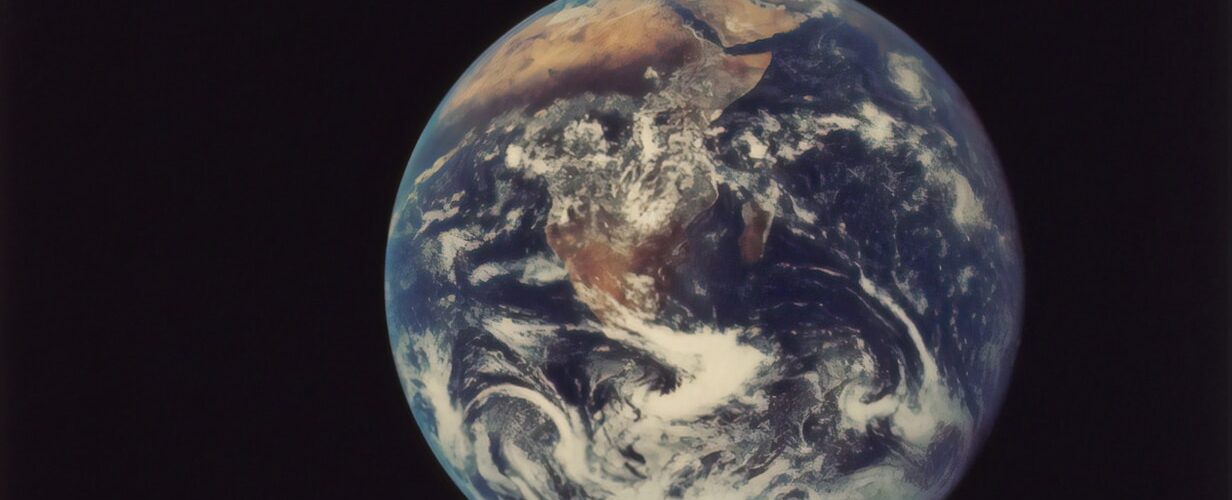
So what?
This is a clear example of science and technology working together to drive action on climate change. Will the information provided by the model be utilised effectively by decision-makers? Will visualising the impacts of a changing climate on a digital Earth bring to life the harsh realities of inaction? Could this lead to more urgent action, or will the digital planet decouple reality from modelling?

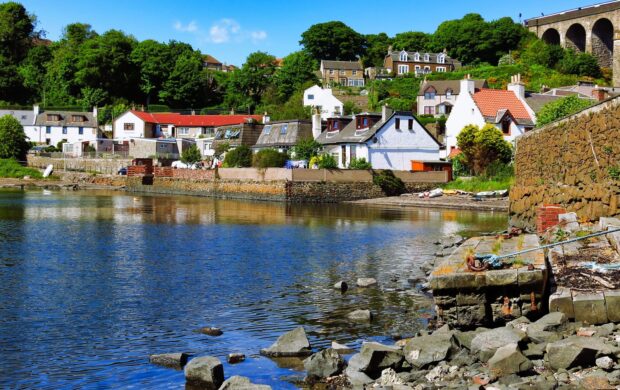

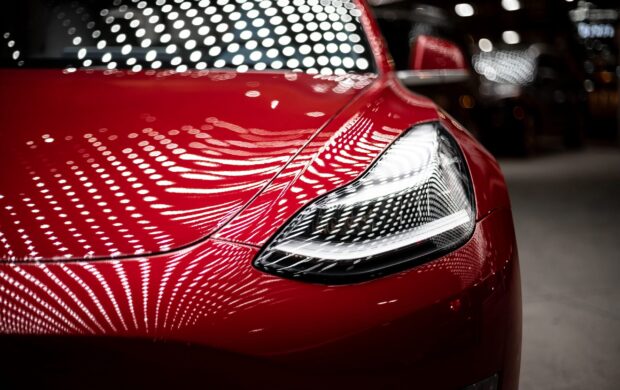



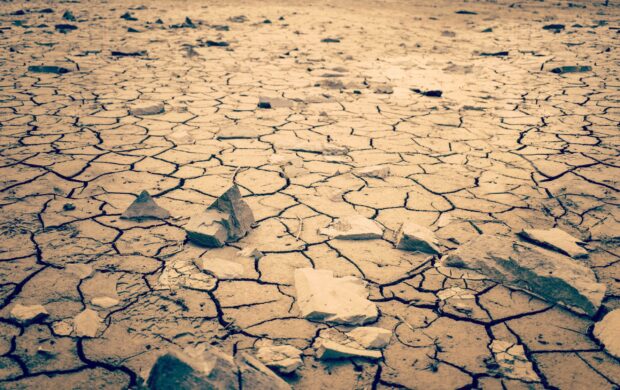


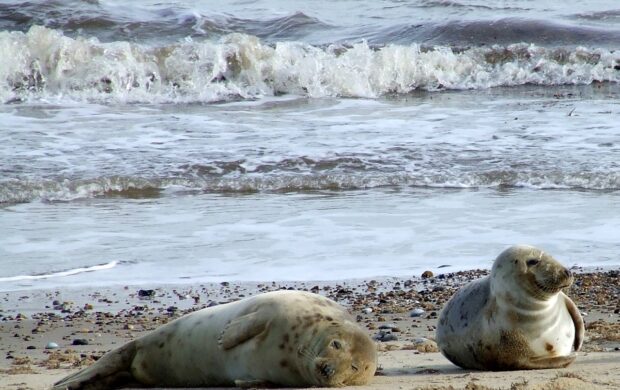




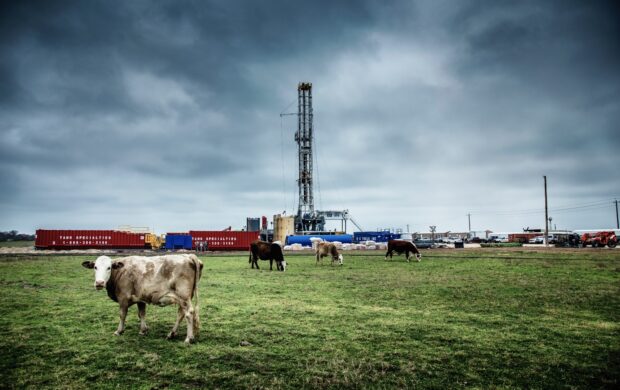

Join discussion